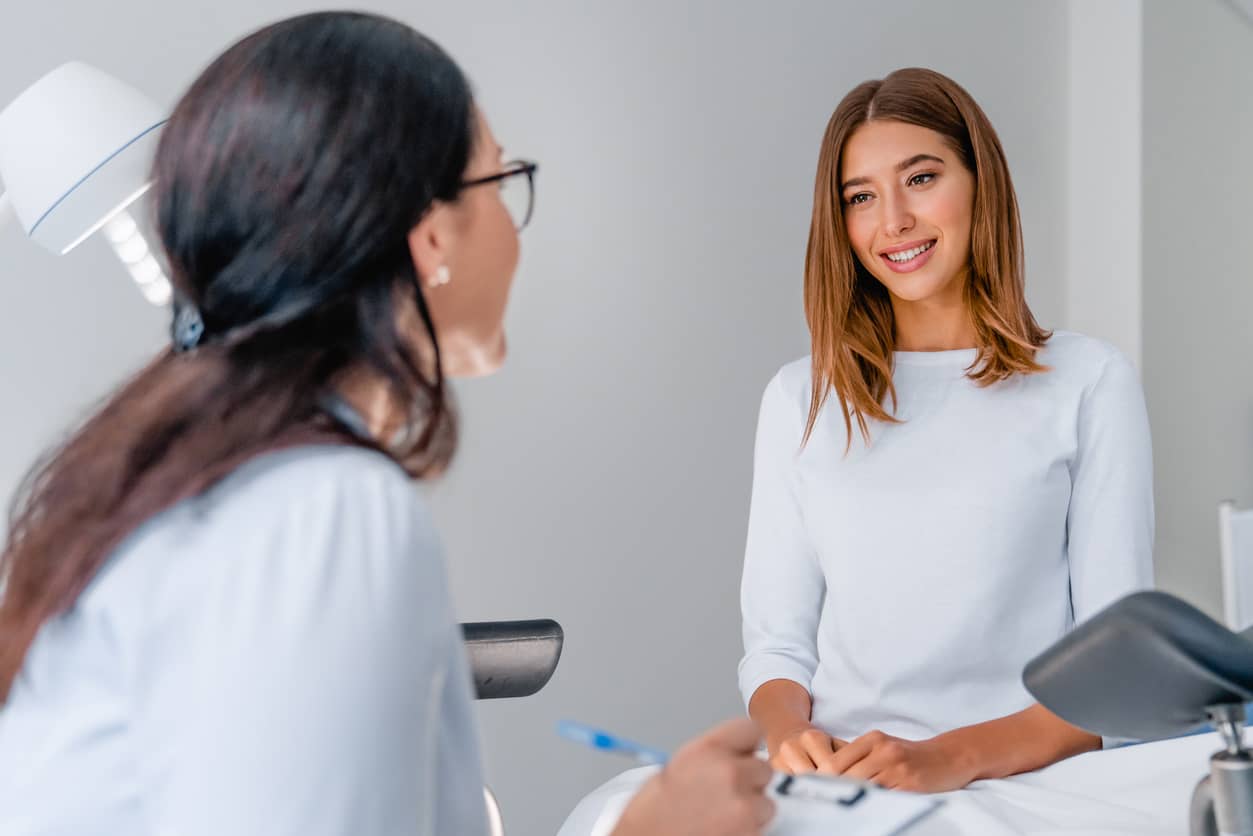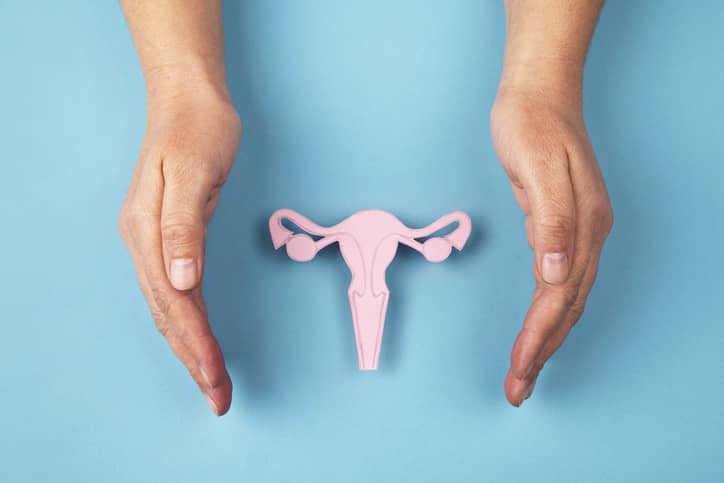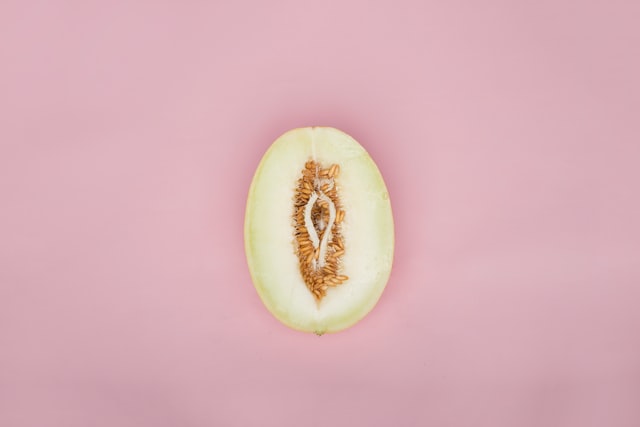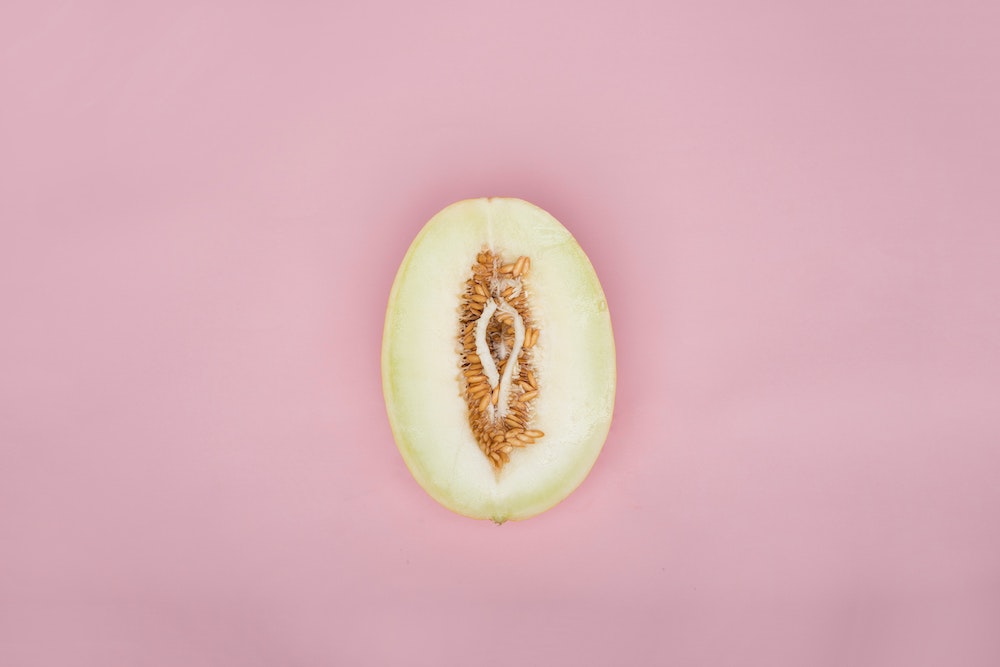The sight of blood can come as a bit of a shock – and this is particularly true during sex.
It should always be checked by a doctor, except after having sex for the first time.
Read on to learn about some of the common causes of bleeding during sex.
Having sex for the first time
If you’re having sex for the first time, you may find that you bleed during or after penetration. This is entirely normal and nothing to worry about. It happens because penetrative sex can break your hymen – a thin piece of skin that partially covers the opening to your vagina.
Your hymen can be broken in other ways, too, so not bleeding after you first have sex is also normal. Horse riding or other sports can sometimes break the hymen, as can using tampons. It doesn't always cause pain or bleeding, so you might not even know it’s happened.
Changes in the cervix
The cervix is the neck of the womb, which leads to the vagina, and changes here are a common cause of bleeding during sex.
Cervical ectropion (also known as cervical erosion or ectopy) is when soft cells from inside the cervical canal become present on the outside surface of the cervix. It can be caused by hormonal changes, and can happen during pregnancy or if you’re taking the contraceptive pill.
It may be diagnosed during a cervical screening test but it isn’t linked to cervical cancer (see below) in any way. It doesn’t always cause any problems, but because the cells are soft, they can bleed or cause pain during or after sex.
Cervical ectropion can be diagnosed by an examination by a doctor. Therefore, you should speak to your doctor if you're concerned or you're getting symptoms. There are a couple of procedures that can help, which use heat to harden the soft cells to stop them from bleeding.

Other reasons for bleeding during sex
Bleeding during or after sex can have several other causes, including:
- an infection, including some sexually transmitted infections
- vaginal dryness (often caused by the menopause)
- tears in the vagina caused by dryness or friction during sex, or damage during childbirth
- polyps – non-cancerous growths in the womb or lining of the cervix
In some cases, unexpected vaginal bleeding – including bleeding after sex – can be one of the first signs of cervical cancer. Other symptoms can include discomfort or pain during sex, unusual vaginal discharge and pain in the pelvis or lower back. If you’re concerned, you should book an appointment with your doctor – it’s often curable when it’s found early.
When to see a doctor
If you have bleeding after sex, you should see a doctor, except after having sex for the first time. They may recommend examinations or tests, depending on your symptoms and medical history.
If you have any bleeding after the menopause, you should see your healthcare provider urgently.
If you have severe vaginal bleeding, or other worsening symptoms, you should call for emergency help. Symptoms could include:
- heavy blood loss that won’t stop
- cold and clammy skin
- bleeding in pregnancy
- recent surgery or injury to your tummy or genital area
- losing consciousness
- heavy vaginal bleeding that won't stop
- palpitations or fast heart rate
- feeling faint or losing consciousness
Key points
- bleeding during sex can be worrying
- you may bleed during sex if it’s your first time
- changes in the cervix can also cause bleeding during sex
- bleeding during sex can also be a sign of a health condition that needs treatment
- it’s a good idea to speak to your doctor if you have bleeding during or after sex
- if you have severe vaginal bleeding and other worsening symptoms, seek emergency medical help






